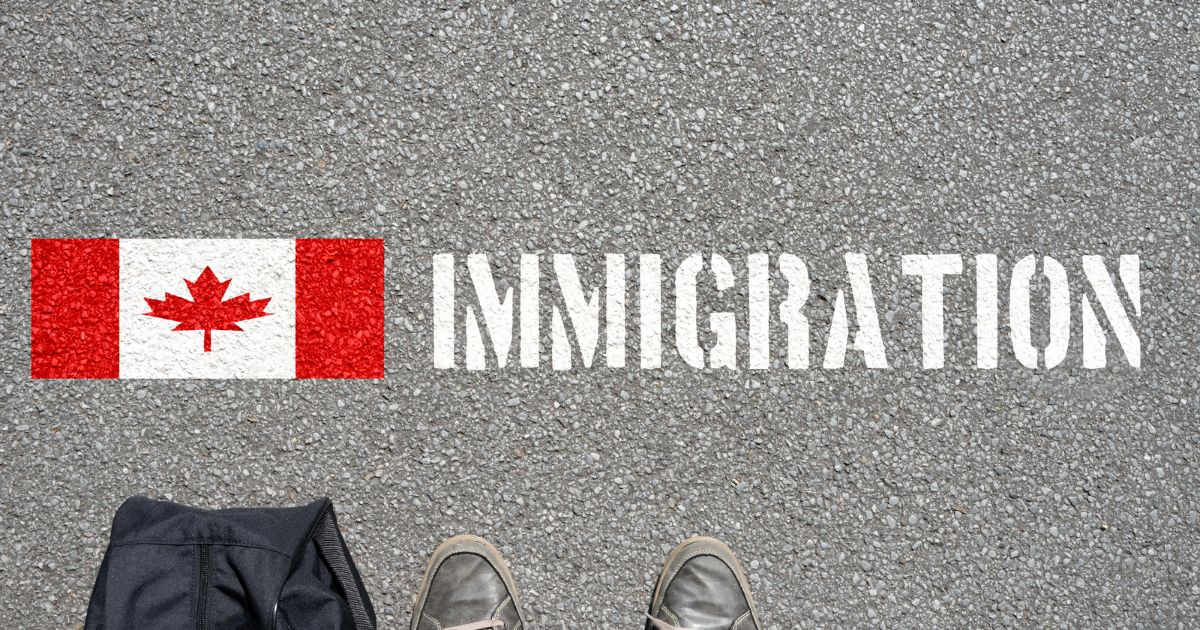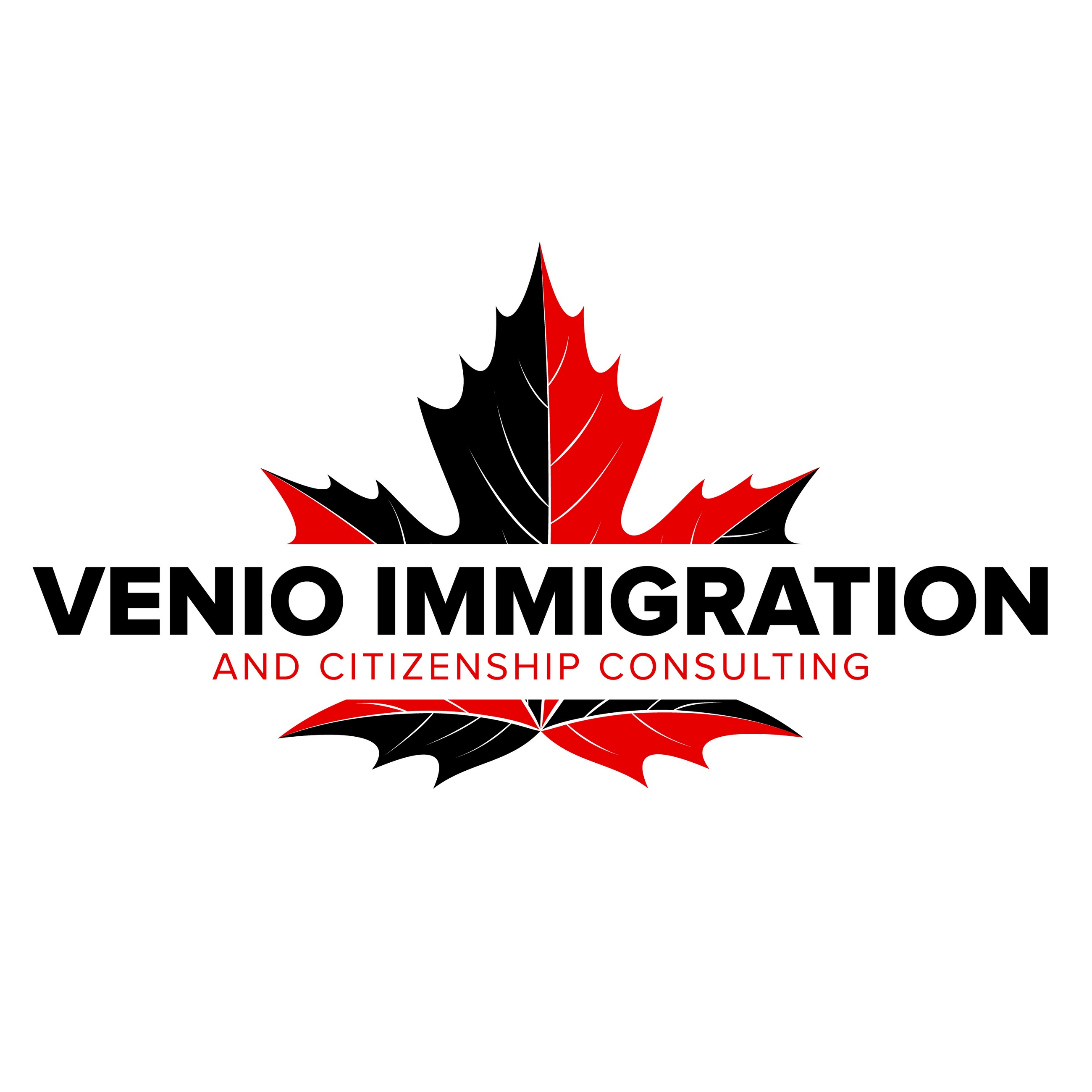The Temporary Resident Permit (TRP) in Canada: Key aspects and legal implications

Canada, a welcoming and diverse country, offers several options for those wishing to reside here for a limited time. One of these options is the Temporary Resident Permit (TRP). So, what exactly is a Temporary Resident Permit in Canada? In this article, we take a closer look at the concept, citing three relevant sections of the Immigration and Refugee Protection Act.
What is a Temporary Resident Permit in Canada?
The TRP is a document issued by the Canadian authorities that authorizes a foreign national to reside in Canada for a limited period of time. This permit is generally granted to people who do not meet all the normal eligibility criteria, but who, for humanitarian or other exceptional reasons, are granted the right to reside in Canada.
Legal implications under the Immigration and Refugee Protection Act (LIPR)
It is important to understand the legal basis of the TRP to appreciate its nature and implications. Three sections of the Immigration and Refugee Protection Act are particularly relevant.
Article 24 (1) of the IRPA:
This section states that an officer, after considering the individual's circumstances, may issue a TRP to a person who would not otherwise be authorized to enter or remain in Canada. This gives officers the discretionary power to issue TRPs. The permit may be revoked at any time if circumstances require.
Article 25 (1) of the IRPA :
This section provides that the Minister may, on humanitarian and compassionate grounds, exempt a person from any part of the Act that would otherwise prevent them from being admitted to Canada. This framework provides the authority to grant humanitarian exemptions, which are often associated with the issuance of a TRP.
Article 44 (1) of the IRPA:
This section states that any officer who has reasonable grounds to believe that a foreign national is inadmissible to Canada must report the matter to the Minister. This highlights the fact that even with a TRP, an individual may be considered inadmissible if new information or circumstances arise.
Conditions for obtaining a Temporary Residence Permit
Obtaining a Temporary Resident Permit (TRP) in Canada is subject to several conditions, which are carefully examined by Canadian immigration authorities. The TRP is intended for people who are not admissible to Canada, but for whom there are compelling reasons to justify their presence in the country.
Compelling reasons:
One of the main conditions for obtaining a TRP is that there must be compelling reasons to justify the individual's admission to Canada. These may be humanitarian factors, such as joining a family member who is seriously ill, or other factors, such as the importance of the visit to Canada's interests.
Risk assessment:
Authorities also assess the risk the individual may represent to Canadian security. This includes an assessment of their criminal history, health and general behavior.
Willingness to comply with permit:
Another condition is that the individual must demonstrate a willingness and ability to comply with the conditions of the TRP. This means they must leave Canada at the end of their authorized stay, unless their permit is renewed.
Proof of sufficient funds:
Applicants must also be able to demonstrate that they have sufficient financial resources to cover the costs of their stay in Canada and to return home.
These conditions are not exhaustive and each TRP application is assessed on an individual basis. It is recommended that you consult an immigration advisor to fully understand the conditions for obtaining a TRP and to prepare an application in the most efficient way possible.
Application process for a Temporary Residence Permit
Applying for a Temporary Resident Permit (TRP) in Canada requires a clear understanding of the process. The following steps detail how to proceed:
Preparing your application :
The first step is to gather all the documents you need for your application. This includes supporting documents such as proof of identity, a letter explaining why you should be admitted to Canada despite your inadmissibility, and any other relevant documents.
Fill in the application form :
You will need to complete form IMM5257 - Application for a Visitor's Visa, Study Permit or Work Permit. Be sure to fill in all sections completely and accurately.
Pay application fee :
The processing fee for a TRP must be paid at the time the application is submitted. Fees may vary, so be sure to check the current amount on the official Canadian immigration website.
Submit request :
Once you have prepared all the documents and completed the application form, you can submit your application. TRP applications can be submitted either online via the Canadian immigration portal, or by mail to the appropriate address listed on the official immigration website.
Waiting for the decision :
Once you have submitted your application, an immigration officer will review it and make a decision. Processing times may vary depending on the volume of applications received.
Please keep in mind that each application is evaluated individually and that TRP applications are generally processed on a case-by-case basis. It is therefore strongly recommended that you consult an immigration advisor for assistance with your application.
Once a Temporary Resident Permit (TRP) is granted, there are certain rights and restrictions that apply for the duration of the individual's stay in Canada.
Rights and Restrictions under a Temporary Residence Permit
Rights granted by a PST
- Living in Canada With a TRP, you have the right to live in Canada for the duration specified on your permit.
- Opportunity to work or study Depending on the conditions of your permit, you may be entitled to work or study. However, this usually requires a separate work or study permit.
- Access to health services As a TSP holder, you may be eligible for certain health care services, although this may vary from province to province.
PST restrictions
- Length of stay A TRP is valid for a specific period, and you must leave Canada at the end of this period, unless your permit is renewed.
- Compliance with the law TRP holders must comply with all Canadian laws. Any criminal act or failure to comply with the terms of your TRP may result in its cancellation and deportation from Canada.
- Work and study Unless specifically authorized by a work or study permit, you are generally not permitted to work or study in Canada with a TRP.
Understanding your rights and responsibilities under a TRP is crucial to ensuring a trouble-free stay in Canada. For more detailed information specific to your situation, we recommend that you consult an immigration advisor.
Examples of 10 Compelling Reasons to Obtain a Temporary Residence Permit While Inadmissible
A Temporary Resident Permit (TRP) may be granted even if you are inadmissible to Canada for compelling reasons. Here are ten examples of circumstances that could be considered compelling reasons:
Family reasons :
If you have a close family member in Canada who is seriously ill or in an emergency situation, this may justify obtaining a TRP.
Professional reasons :
If you have a crucial role in a Canadian company or project that cannot be replaced, this could be considered a compelling reason.
Major events :
If you need to attend an important event in Canada, such as a wedding or funeral, this can be considered a compelling reason.
Humanitarian reasons :
If you are seeking entry to Canada for reasons of personal protection or safety, this may be considered a compelling reason.
Participation in an international conference :
If you're a guest speaker or key participant at an international conference in Canada, this could be a compelling reason.
Educational reasons :
If you need to study at a Canadian institution and no acceptable alternative is available in your home country, this may be considered a compelling reason.
State visits :
If you're a dignitary or government official who needs to visit Canada for official reasons, this could be a compelling reason.
Sports or artistic competitions :
If you are an athlete or artist participating in a competition or event in Canada, this may be considered a compelling reason.
Medical reasons :
If you require specific medical treatment that is not available in your home country, this may be a compelling reason.
Asylum-related reasons :
If you are an asylum seeker who cannot obtain sufficient protection in your country of origin, this could be considered a compelling reason.
It is important to note that acceptance of these reasons is at the discretion of the immigration officer evaluating your application. The assistance of a qualified immigration advisor can be helpful in determining whether your reason could be considered compelling and in navigating the TRP application process.
What to do if your application for a Temporary Residence Permit is refused
If your application for a Temporary Resident Permit (TRP) in Canada is refused, don't give up hope. There are several options to consider:
Review the refusal letter :
The reasons for refusal will be specified in the refusal letter. This could be due to missing documents, incorrect information or a lack of evidence to support your claim. You need to understand the specific reasons for refusal to know how to proceed.
Correct errors and submit a new application :
If the refusal is due to errors in your application or missing documents, you can correct these errors and submit a new application. Be sure to address all the issues mentioned in the refusal letter.
Appeal the decision :
If you feel the decision was unfair or incorrect, you can choose to appeal. However, appealing can be a long and complex process, and it is strongly recommended that you consult an experienced lawyer or immigration consultant to help you.
Request for judicial review :
In certain circumstances, you may be able to seek a judicial review of the decision by the Federal Court of Canada. This is a serious option, and usually requires the assistance of an immigration lawyer.
Explore other immigration options whenever possible:
If your TRP application is refused, it may be worth exploring other immigration avenues and checking your eligibility for these programs. There are many other immigration programs in Canada, such as work permits, study permits or economic immigration programs.
Remember that each case is unique, and what works for one person may not work for another. It's always advisable to consult an immigration professional for advice tailored to your specific situation.
In conclusion
The Temporary Resident Permit is a key instrument of Canadian immigration policy, offering the possibility of temporary residence in Canada to those who would not otherwise qualify. Understanding its legal implications, as outlined in the Immigration and Refugee Protection Act, is essential to navigating the Canadian immigration process effectively.
We hope this article has provided you with valuable information about temporary residence permits in Canada. For more information, or to discuss your specific situation, we recommend that you contact us.





